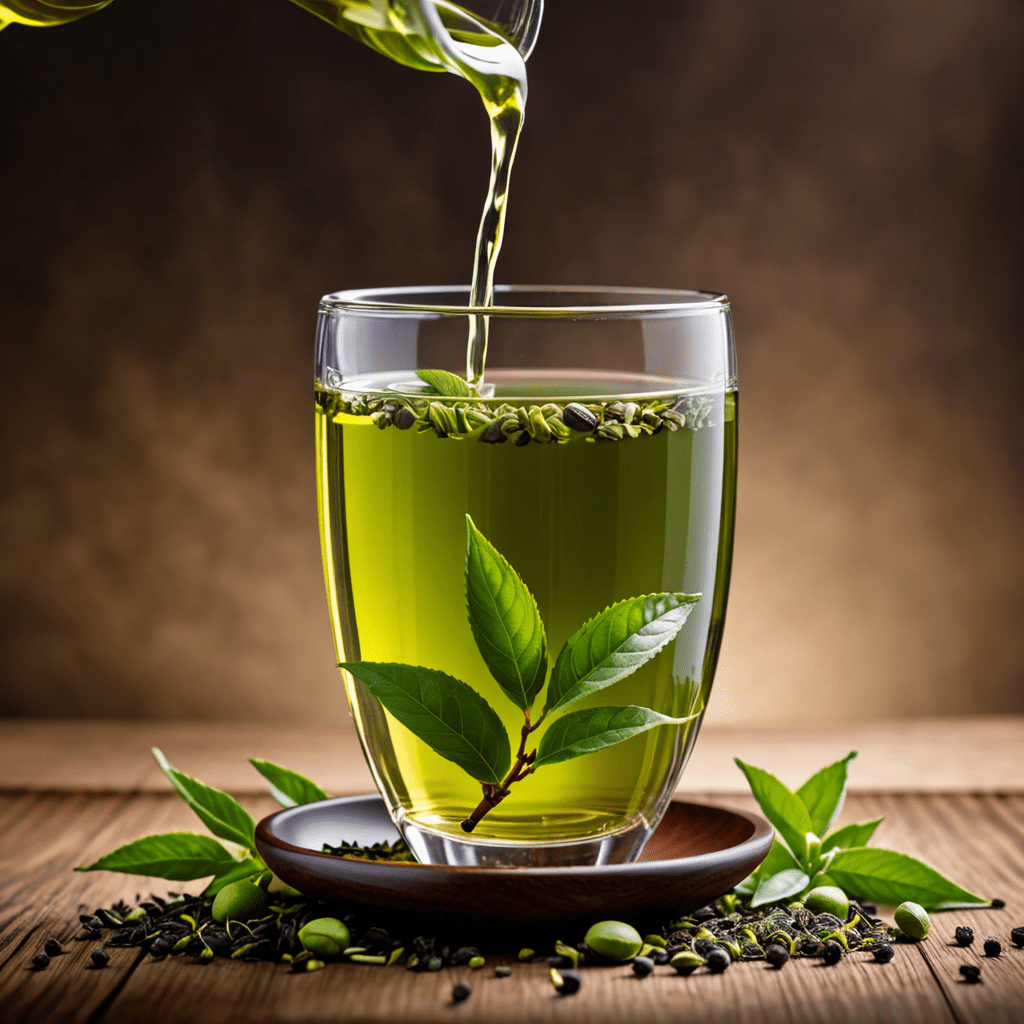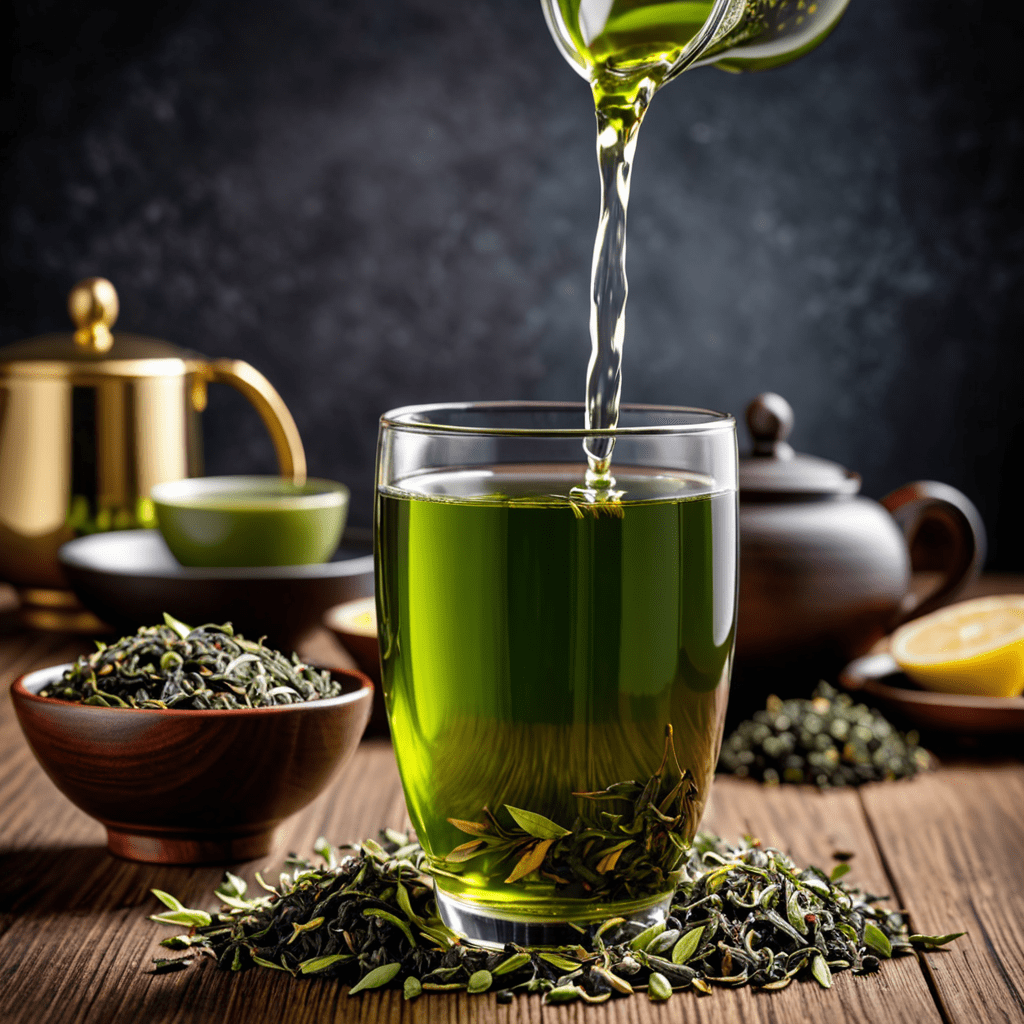Unveiling the True Nature of Green Tea: Its Acidity Uncovered
Understanding the Basics: What Makes Green Tea Unique?
Green tea, known for its refreshing taste and numerous health benefits, has been enjoyed for centuries. This popular beverage is made from the leaves of the Camellia sinensis plant and is renowned for its rich antioxidant content, contributing to its esteemed status in the world of teas.
Unraveling the Acidity Question: Is Green Tea Acidic?
Contrary to common misconceptions, green tea is actually considered to be mildly acidic. The pH level of green tea typically ranges from 7 to 10, with an average pH of 7.3, contributing to its slightly acidic nature. This mild acidity is often overshadowed by the tea’s overall health benefits and delightful flavor profile.
Examining the Factors Influencing Acidity in Green Tea
The acidity of green tea can be attributed to several key factors, including the unique composition of tannins, catechins, and amino acids present in the tea leaves. These components collectively contribute to the mild acidic nature of green tea, distinguishing it from other types of tea.
The Impact of Brewing Methods: How Does Preparation Affect the Acidity?
The brewing process plays a significant role in determining the acidity of green tea. Factors such as water temperature, steeping duration, and the quality of tea leaves can influence the pH level of the brewed beverage. By paying attention to these variables, tea enthusiasts can adjust the acidity to suit their preferences.
Unveiling the Health Implications: Is the Acidity of Green Tea a Concern?
The mild acidity of green tea does not pose a significant health concern for most individuals. In fact, the abundance of antioxidants and beneficial compounds present in green tea often outweigh any potential impact of its mild acidity. However, those with specific sensitivities or medical conditions may want to consult with a healthcare professional regarding green tea consumption.
FAQ: Frequently Asked Questions
Q: Is green tea more acidic than black tea?
A: In comparison to black tea, green tea tends to be slightly less acidic. Black tea, which undergoes a more extensive oxidation process, typically exhibits a higher level of acidity.
Q: How can the acidity of green tea be mitigated?
A: To minimize the acidity of green tea, consider steeping the leaves at lower temperatures and for shorter durations. Additionally, opting for high-quality green tea leaves can contribute to a smoother, less acidic brew.
Q: Does the acidity of green tea affect its taste?
A: While the acidity of green tea may subtly influence its flavor profile, it is often overshadowed by other factors such as aroma, bitterness, and the presence of natural sweet notes.
Q: Can individuals with acid reflux consume green tea?
A: Depending on individual tolerances, some individuals with acid reflux may find that green tea is well-tolerated. It is advisable to start with small amounts and observe personal reactions before consuming larger quantities.
Q: Are there specific green tea varieties with lower acidity?
A: Certain green tea varieties, such as Gyokuro or Matcha, are known for their milder acidity due to their distinct growing and processing methods. Exploring different types of green tea can provide options for those seeking a less acidic brew.



